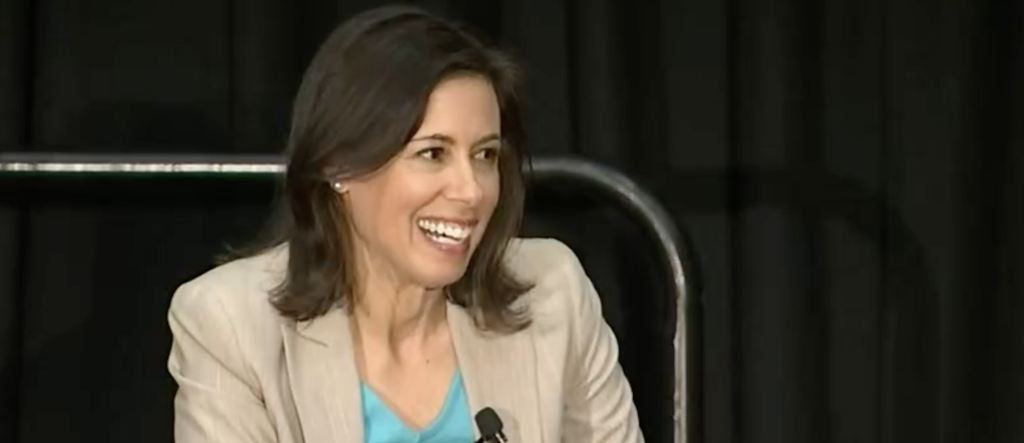New Lifeline Waivers, DOJ and FTC to Hold Merger Workshop, Digital Inclusion Certificate
FCC opens Lifeline Program benefits to wildfire victims getting assistance from FEMA.
Jake Neenan

WASHINGTON, August 30, 2023 – The Federal Communications Commission announced on Friday hat it is temporarily waiving another eligibility requirement for the Lifeline Program in an effort to keep victims of the Hawaii wildfires connected.
Under the order, anyone receiving assistance from the Federal Emergency Management Agency’s Individuals and Households Program will automatically be eligible for Lifeline benefits for the next six months.
FEMA’s IHP provides financial assistance and other services to people whose homes have been damaged or destroyed by disasters. The FCC’s Lifeline program provides low-income households with monthly subsidies of $5.25 for voice services and $9.25 for broadband services, with a $34.25 discount on either for residents of Tribal lands.
The move comes one week after the FCC waived other provisions of the program, allowing recipients affected by the fires to keep receiving benefits without submitting documents to show they are still eligible.
In that same order, the FCC waived through October 2023 filing and regulatory deadlines of several other broadband assistance programs for people in areas affected by the fire.
Under the new guidelines, subscribers to the Affordable Connectivity Program have more time to recertify their eligibility and will not be cut off from the program for not using their internet.
Applicants for the E-Rate Program and Emergency Connectivity Fund Program have extended filing deadlines and more time to install equipment, while recipients of Rural Health Care Program benefits have extended invoice and annual report deadlines.
Commission Chairwoman Jessia Rosenworcel has pledged to mobilize FCC personnel and wireless service providers to aid in recovery efforts.
DOJ and FTC announce public workshops on draft merger guidelines
The Justice Department and the Federal Trade Commission announced on Monday that they will jointly host three public workshops to discuss their proposed update to big tech merger guidelines
The first workshop will take place virtually on September 5. DOJ and FTC officials, as well as lawyers, academics, and watchdogs will be in attendance.
The two agencies released in July a draft of new merger guidelines aimed at increasing scrutiny on deals made by tech giants.
The draft guidelines would update how markets are defined and allow regulators to consider more factors when deciding whether or not to block a deal. The rules would apply to both vertical mergers – companies buying up parts of their supply chain – and to horizontal mergers – companies merging with their competitors.
The subsequent two workshops have not been scheduled. The public comment period for the proposed guidelines is open until September 18.
ASU announces digital inclusion program
Arizona State University announced on Tuesday it will be offering a digital inclusion leadership certificate in partnership with the Marconi Society.
The 12 week program will give participants a background on technology and policy principles necessary to expand broadband access, the university said in its press release. It is targeted at government officials and people engaged in nonprofit and community work around new broadband infrastructure projects.
The program comes amid increasing federal efforts to address the digital divide – the wide gap in opportunities available to those with reliable, fast internet access and those without it. The Broadband Equity, Access and Deployment program allocated $42.5 billion in federal grants in June
“As billions of dollars in federal and state funding become available, the U.S. faces a critical shortage of people who understand the interdisciplinary issues associated with broadband access, affordability, and adoption,” said Karen Mossberger, director of the university’s Center on Technology, Data, and Society.









Member discussion